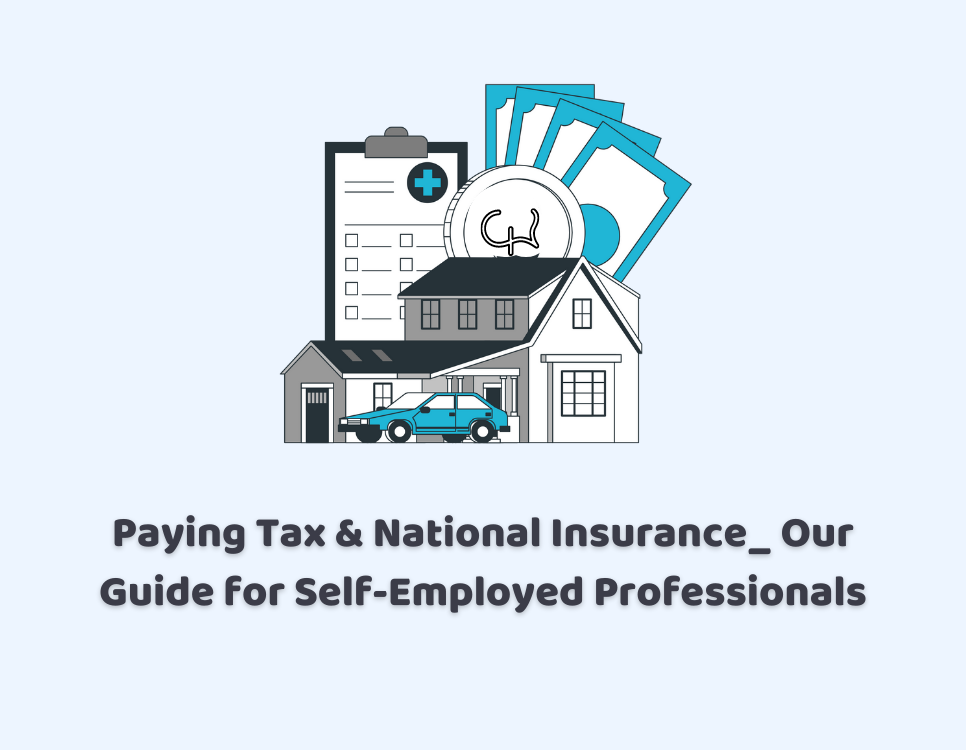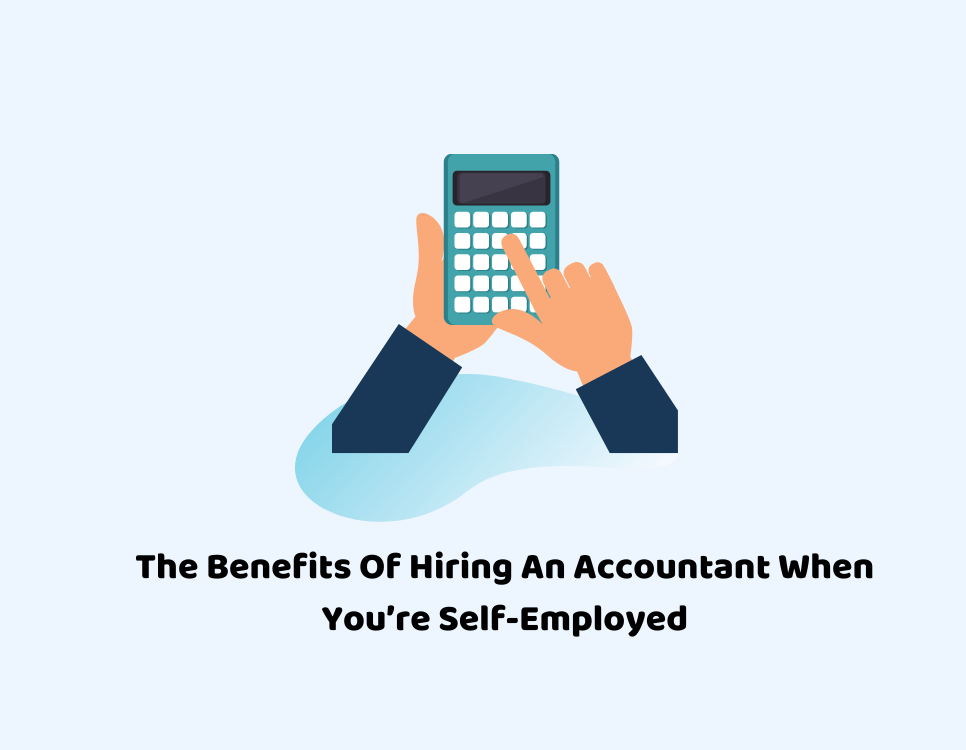
06/04/2020Tax Issues , Tax Saving Tips
As a self-employed professional, one of the most important tasks and responsibilities that you’ll have to fulfill is paying for your own tax and National Insurance on your income. Aside from making sure that clients roll in constantly and all your assets and liabilities are managed properly, handling your tax and National Insurance is essential because:
- It entails handling certain legalities that you must comply with as a professional
- The HMRC is now stricter when it comes to handling self-employed professionals
- Not tending to your tax and National Insurance-related responsibilities properly can result in several fines and penalties that can easily affect your practice
No matter how tedious it may seem, it’s always a good idea to stay on top of all your records so that you know exactly how much you need to repay the government.
Beyond the simple yet tiresome nature of paying and filing your own financial obligations, there are a few other hurdles that may come about from complex arrangements. For instance, if you’re employed in one job and self-employed in another job at the same time, then dealing with your tax and National Insurance will be complicated.
If you have a similar situation where your financial obligation settlement procedures are complicated, here’s a quick guide on how you can fulfill your requirements accordingly and accurately:
HMRC’s Solution
Thanks to a rise in similar cases, the HMRC has created a tool called the Employment Status Indicator that helps any self-employed professional know exactly what status they should file and pay under.
The Employment Status Indicator is a multiple-choice questionnaire that helps determine your employment status based on the answers that you provide. It is important to note, however, that the questionnaire is merely an indicator of what status you can file under and not a definitive answer itself.
On Registering Yourself as a Self-Employed Professional
For newly self-employed professionals, the most important step when handling your taxes and National Insurance obligations is to notify the HMRC of your new status right away. Generally, new self-employed workers can register with their new status up to October 5 after the end of the tax year when you became self-employed. It is essential to follow the deadlines because doing otherwise will incur a late fee and an additional set of penalties. So, schedule, plan, and pay accordingly!
“What if I Apply and Receive a Loan from My other Employer?”
In a self-employed-and-employed set-up, one of the most important factors to consider is that receiving a loan from one’s employer can be deemed by the HMRC as tax avoidance. As a result of rising remuneration schemes, the HMRC is now cracking down on potential cases through the use of loan charges, which makes it more essential to declare if you’ve received a loan from your employer!
Do You Still have to Pay for National Insurance as a Self-Employed Worker?
Yes, you’re still urged to pay Class 2 NICs even if you’re your own boss. Should your profits be at least £6,365 in total for the 2019/20 tax year, then you’ll have to pay an additional fee for Tax Insurance with late fees being pegged at £3 a week (or £156 a year).
Conclusion
As a self-employed worker, it is essential to stay on top of your tax and National Insurance obligations by taking the necessary steps for proper preparation and apt payments. By following this quick guide, you can keep your self-employed practice away from penalties without going to extraordinary lengths!
Are you a self-employed professional or small business owner looking for Affordable Chartered accountants in Croydon? Get in touch with us today to see how we can help!


